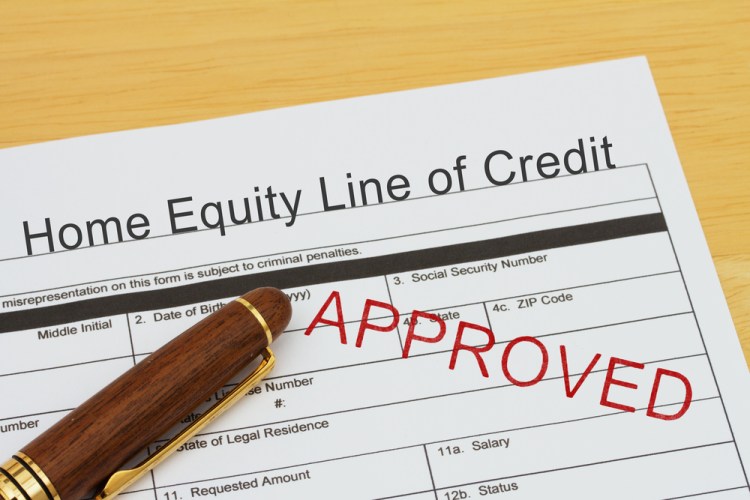In a tight housing market, homeowners looking for more space or finer features are feeling a little stuck. Therefore, many are finding ways to upgrade by tapping into the equity they hold in their home.
Right now, all over the country, home upgrades have become very popular. Evergreen Credit Union remains a reliable, local lender, and we want to share information on how lenders like Evergreen can help you create your dream home.
What is equity and how can I unlock it?
Equity is the difference between how much your home is worth, based on a current appraisal, and the balance left on your mortgage. As you pay down your mortgage the equity in your home grows.
A traditional home equity loan gives a borrower a lump sum upfront in return for fixed repayments monthly over the life of the loan. This is also known as a second mortgage. Lenders will often let you borrow against a substantial percentage of your home when you use this product. A home equity line of credit or HELOC approves the borrower for an overall credit limit that they can withdraw from as they need it, instead of receiving a lump sum. A HELOC can be more advantageous when used to make home improvements because in some cases the interest paid on this loan could be tax-deductible.
In both scenarios, the loan has term limits and the borrower uses their home as collateral, which means the lender can take possession of the house if too many payments are missed.
Differences between HELOC & Home Equity Loans
A major difference between a HELOC and Home Equity loan is the predictability of payment amounts. HELOCs typically have a variable interest rate, so your monthly payment may fluctuate. A home equity loan usually has a fixed rate, which translates into constant monthly repayments.
Once approved for a HELOC, the borrower has a draw period, a set time that they can withdraw from the credit line. When that time is up, the repayment phase begins. Borrowers should be ready for their monthly expenses to jump up as they start to pay down the principal. If you do not use all of the credit you were approved for at the end of the draw period, remaining funds can be refinanced into a traditional home equity loan and used to consolidate remaining debts.
To borrow or not to borrow
A last bit of advice: just because you can borrow against your home doesn’t mean you should. Owning a home in a robust Maine market is a valuable asset, so recognize when you borrow against this value that you are increasing your debt-to-income ratio and potentially reducing your net worth. On the other hand, borrowed funds used to improve your home should increase its value, thereby actually making your home loan a good investment that ultimately pays you back when and if you sell the property.
Free financial tools, tips and calculators are available here to help potential borrowers evaluate if a particular loan is right for them.
 FINANCES FYI is presented by Evergreen Credit Union, serving all Southern Maine and committed to helping Mainers of all ages better manage their financial lives.
FINANCES FYI is presented by Evergreen Credit Union, serving all Southern Maine and committed to helping Mainers of all ages better manage their financial lives.
egcu.org | (207) 221-5000
Comments are not available on this story.
Send questions/comments to the editors.


